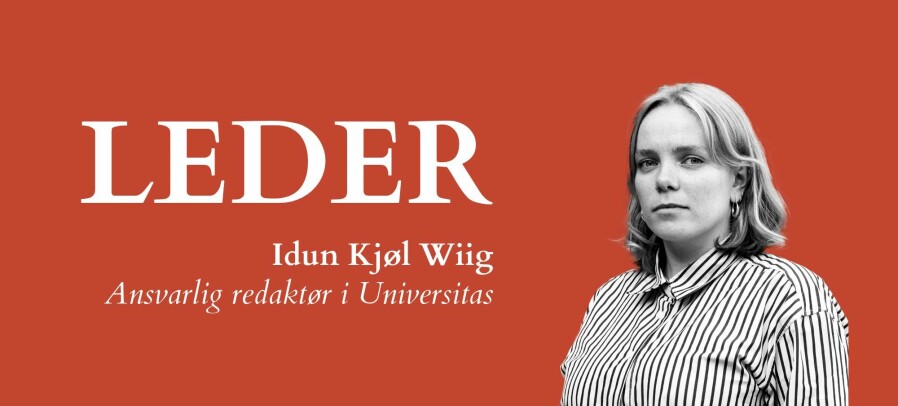
Humanities students are avoiding employers
Low numbers of applicants mean that the working life-orientated offer Humanistisk prosjektsemester («humanistic project term«) will probably be closed down.
During this week, the Faculty of Humanities (HF) at the University of Oslo will decide whether Humanistisk prosjektsemester (HumPro) should continue to exist. The number of applicants to the project has fallen heavily in recent years. When the application deadline expired on January the 22nd of this year, the faculty had received just eight applications, despite the fact that they had 25 places available. According to programme coordinator Berit Thorbjørnsrud, there were 90 applicants five years ago.
HumPro had been the faculty’s flagship when it came to using humanistic know-how in working life outside Blindern. During the course of next semester, these eight HumPro-students will carry out a real assignment for a real employer. In return, they will receive 30 study points and work experience.
– The Quality Reform a partial cause
– I have never had such a steep learning curve as I did during HumPro, states Ingrid Mørk, who took part in the project in the autumn of 2008. She thinks that it would be a huge loss to students if the project was closed down.
– In the project, I was able to use absolutely everything that I have learnt during the course of my studies. It has given me a second wind when it comes to completing my studies, in addition to the fact that I feel much more ready for working life. I think that HumPro should be obligatory for everyone, she says.
Programme coordinator Berit Thorbjørnsrud thinks that the slump in applications is partly caused by restructuring that took place in the wake of the Quality Reform.
– The way that courses are organized now means that we do not fit in anywhere. Previously, people were used to courses that lasted for six months or a year. Now many students feel that they do not have enough time, and are unable to spend a whole term on just one project, she says.
Arne Bugge Amundsen, head of department at the Department of Culture Studies and Oriental Languages (IKOS), is responsible for the decision that will be taken. He believes that the offer is outdated.
– When HumPro was established in the late nineties, it was unique in its focus on relevance for working life. Today, this is a common focus, and HumPro has just become one of many offers. The fact that HumPro is not particularly easy to include as part of a degree, also means that it loses out in many situations.
A sad realist
Thorbjørnsrud finds it sad that the interest in this offer has slumped. Yet she has a realistic view of the situation, and believes in looking to the future.
– There is a sad, collective acceptance that this seems to be coming to an end, Thorbjørnsrud says. Now she wants to use her energy on passing on the competence she has gained during the last years.
– We must empower students more, and give them a terminology that will explain why academics can be used in working life. We must stop reinforcing this inferiority complex that many students have, and instead focus on the things that are actually relevant in the workplace, she says.
































